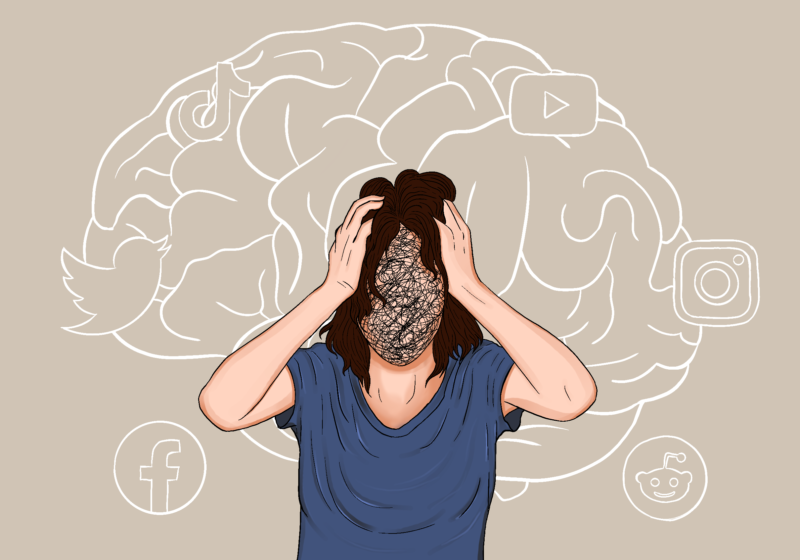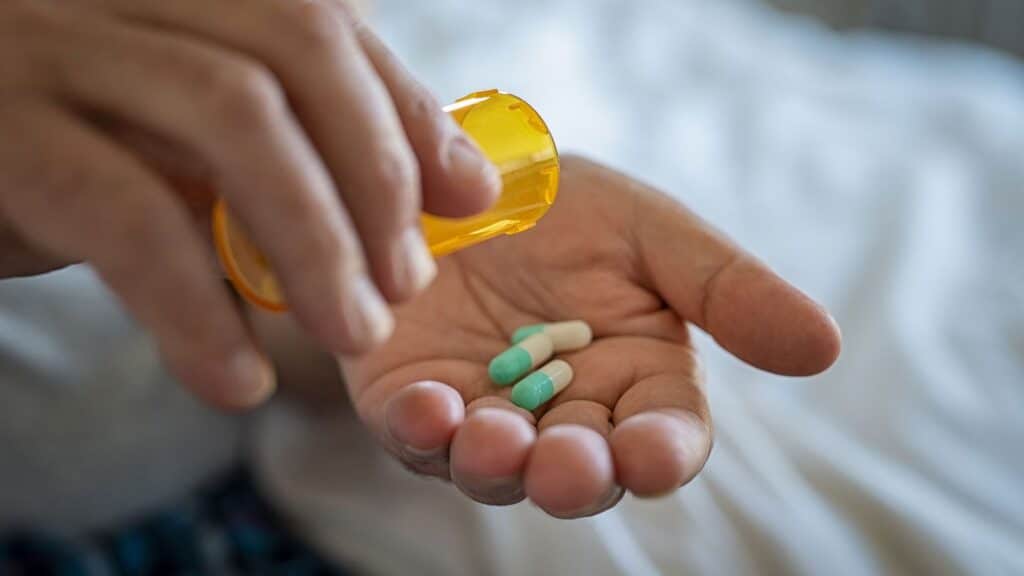Depending on one’s unique addiction treatment needs and goals, medication-assisted treatment may help treat substance use disorders, prevent overdose and sustain ongoing recovery. Medication-assisted treatment uses medications such as suboxone in combination with counseling to provide a comprehensive, holistic treatment approach to addiction treatment. Research shows a combination of medication and therapy can enhance the likelihood of treatment success in some cases. The ultimate goal of medication-assisted therapy is to help those struggling with addiction (specifically opioid addiction) to attain full recovery.
What Is Suboxone?
Suboxone is the brand name for a prescription medication used in the treatment of opioid addiction. It has two ingredients: buprenorphine (an opioid) and the medication naloxone. When combined, these two ingredients help to reduce cravings for addictive opioids, including heroin, codeine, oxycodone, and fentanyl.
It may seem strange to use an opioid-containing medication to treat opioid addiction. Buprenorphine is an opioid that is more potent than morphine; however, its actions as an opioid agonist make it effective in addiction treatment. In the brain, it acts as a partial opioid agonist, which means it helps keep other opioids from affecting the brain by binding to the opioid receptors in the nervous system. This action helps provide a way for patients to wean themselves off opioids while reducing the effects of opioid withdrawal. While buprenorphine is unlikely to cause the intense sedation and euphoric effects seen with other opioid drugs, it helps to satisfy cravings and suppress withdrawal symptoms.
Naloxone is a medication used in medical settings to reverse the symptoms of an opioid overdose. It also works as a total opioid agonist by blocking and reversing the effects of opioid drugs on the nervous system. Naloxone is included as an ingredient in suboxone to prevent people from overdosing on buprenorphine. It also helps to minimize the risk of relapse by preventing the addictive and euphoric sensations many experience when they use opioids.
In the United States, suboxone is classified as a schedule III-controlled substance, which means it is a drug with medical value and benefit and a moderate risk for addiction. Because of this, only doctors who receive certification for the Department of Health and Human Services can prescribe suboxone to their patients.
Is Suboxone Safe?
When appropriately used, suboxone is safe in most situations. As with any prescription medication, there are circumstances and conditions unique to the individual for which suboxone use would be contraindicated even in the addiction treatment setting. Long-term suboxone use can lead to physical and psychological dependence, so medical supervision is suggested. In addition to being safe, suboxone has been proven effective as a treatment for opioid addiction.
A 2014 study found that suboxone was more effective than methadone in terms of reducing opioid drug use. However, there is some question regarding whether suboxone is equally as effective at keeping people in their treatment program. There are side effects and risks associated with suboxone use, and therefore their use should be discussed with your primary care provider, and any pre-existing medical conditions should be evaluated before beginning any course of medication.
How Is Suboxone Used in Addiction Treatment?
As part of an evidence-based addiction treatment program, suboxone is used to reverse the effects of fast-acting opioids, including heroin and prescription painkillers. Suboxone can also be used during the initial treatment process and in the early stages of recovery to help manage withdrawal symptoms that accompany quitting opioids. When taken correctly, most people who take suboxone as part of a treatment program will not experience cravings or withdrawal. These are benefits to the drug that make it so useful as an element of the treatment process.
If you or someone you know is struggling with opioid addiction, medication-assisted therapy using suboxone may be helpful as a part of a comprehensive addiction treatment plan. It is essential to find a comprehensive treatment program like Relevance Recovery to ensure medication-assisted therapy is appropriately combined with therapy and ongoing support. Only as part of a holistic program will medication-assisted therapy provide the most substantial opportunities for treatment success. If you are ready to begin your journey towards freedom from opioids and would like to learn more about medication-assisted therapy with suboxone, contact Relevance Recovery today.









